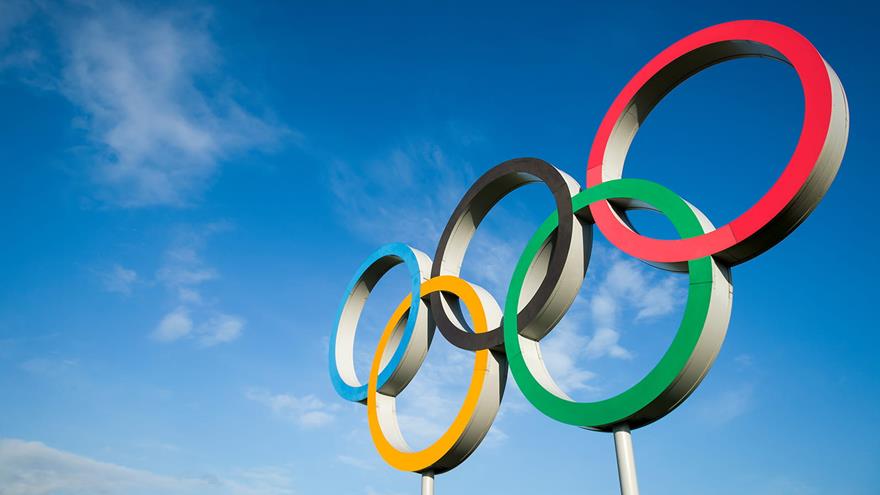The 10 Most Influential Women of the 21st Century (So Far)
 By Frank Otto
By Frank Otto

March serves as Women’s History Month, 31 days to reflect upon the women who have contributed to progress in the United States and across the world.
During this month, legendary names such as Eleanor Roosevelt, Susan B. Anthony and Clara Barton are recalled and venerated.
But, to many, those women exist only in pages of text and black-and-white photographs. What about the women of the 21st century doing their best to advance our world?
Mary Ebeling, PhD, director of Women’s and Gender Studies at Drexel, collaborated with the likes of Debjani Bhattacharyya, PhD, assistant professor of history at Drexel, Roshen Henderson, PhD, assistant professor of political science and global affairs at the College of Staten Island, and others to compile a list of the most influential women of the new century.
“This list was compiled by consensus,” Ebeling explained. “It does not reflect the opinion of one person, but it is a collective opinion. This is the feminist way of doing things.”
Additionally, she said that the list is “by no means exhaustive or even representative,” as there was a plethora of other names that just missed the cut.
But here is a collection of 10 who the group felt influenced the world in a great way.
1. Kimberlé Crenshaw, professor, UCLA School of Law. “Crenshaw's groundbreaking piece ‘Mapping the Margins: Intersectionality, Identity Politics, and Violence Against Women of Color’ (1994) produced a new way of thinking and talking about power. The concept of ‘intersectionality’ has shaped feminist thinking and ways of understanding the world for the last 15 years.”

2. Ai-jen Poo, director of the National Domestic Workers Alliance (NDWA). “Poo has organized domestic workers, nannies and housekeepers across the United States, in 19 cities in 11 states, a 2.5 million-strong labor force, predominately comprised of women, who are excluded from most labor laws. Poo's activism has been crucial in changing laws to protect domestic workers. Poo is recognized as being one of the most influential people in the world (Time Magazine's Top 100 Most Influential People 2012).”
3. Flavia Agnes, lawyer, legal scholar and women's rights activist. “As a lawyer in the Mumbai High Court, as well as an adviser to India's Ministry of Women and Children Development, Agnes is a leading feminist that founded Majlis, an association of law centers and women's rights organizations across India to support women, especially those facing gender and sexual violence.”

4. Judith Butler, philosopher, UC Berkeley. “Her work on performativity has transformed how we think about gender, sexuality and identity. Her philosophical thought has been influential not only in feminist and queer theory but also in many fields, including the visual arts, psychology, political theory and literary and film criticism.”
5. Ngozi Okonjo-Iweala, finance minister of Nigeria. “As both finance minister and as a former World Bank managing director, Okonjo-Iweala has shaped fiscal and monetary policies to be more just and fair, especially for women and girls in developing countries. Christine Lagarde, the current managing director of the International Monetary Fund (she was named the fifth most powerful woman in the world by Forbes Magazine) perhaps could be considered more influential in terms global economic power, but Okonjo-Iweala's influence makes more of an impact on the lives of the most economically vulnerable globally.”
6. Janet Mock, journalist, writer and activist. “Mock uses her visibility as a journalist and media commentator to advocate for transgender rights and recognition for transgender women. She has been named one of the most influential LGBTQ people in the media by the Advocate in 2014.”

7. Alison Bechdel, cartoonist and inventor of the Bechdel Test. “The Bechdel test is an assessment tool for film and media to determine gender bias. It is now used as the official rating system for films in Sweden.”
8. Grace Lee Boggs, rights and education activist. “Lee Boggs is a centenarian human rights and education rights activist based in Detroit who, in collaboration with other hard-working advocates, has built community gardens and alternative schools in a city that has abandoned its citizens. Her dedication to social justice has touched the lives of thousands of people in Detroit and beyond.”
9. Emma Sulkowicz, student and activist against sexual and gender violence. “When Sulkwosicz used her experience of alleged rape and a campus hearing that resulted in her accused attacker remaining at Columbia University with her, she dragged the dorm mattress that she had allegedly been raped on around campus as a performance piece. Women from Columbia and other universities rallied to help Sulkowicz drag her mattress and her actions spurred national attention to campus rape and the lack of support from many universities' administrations for survivors of sexual assault on campuses.”
10. Women and girls everywhere. “Unnamed and often unrecognized, many women and girls put their bodies and their lives at risk every day, fighting for social justice in small and big ways, to make the lives of other women and girls better, along with a more just world for us all. Any list of the most influential women must include all of those who remain unnamed.”
Drexel News is produced by
University Marketing and Communications.
